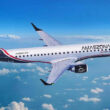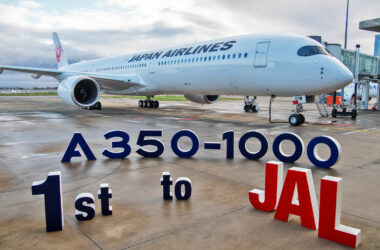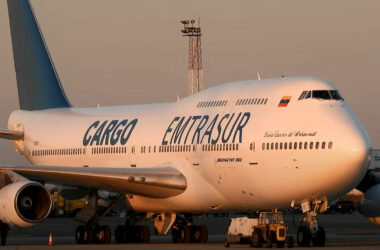About a year ago, a new airline debuted in Italy without attracting much attention. Aeroitalia started its operation with just two old Boeing 737-800s on charter flights.
Later, the carrier put into operation a network of flights to several Italian cities and also in neighboring countries after expanding its fleet.
Currently, Aeroitalia has six 737 jets, one of which is the 737-700 model, in addition to an ATR 72 turboprop rented from the company AirConnect.
Soon the seventh Boeing 737 will be received, allowing the airline to cover new destinations. For now, Aeroitalia flies to destinations close to Italy, mainly in Greece, but its planes also arrive in Lisbon, in Portugal.
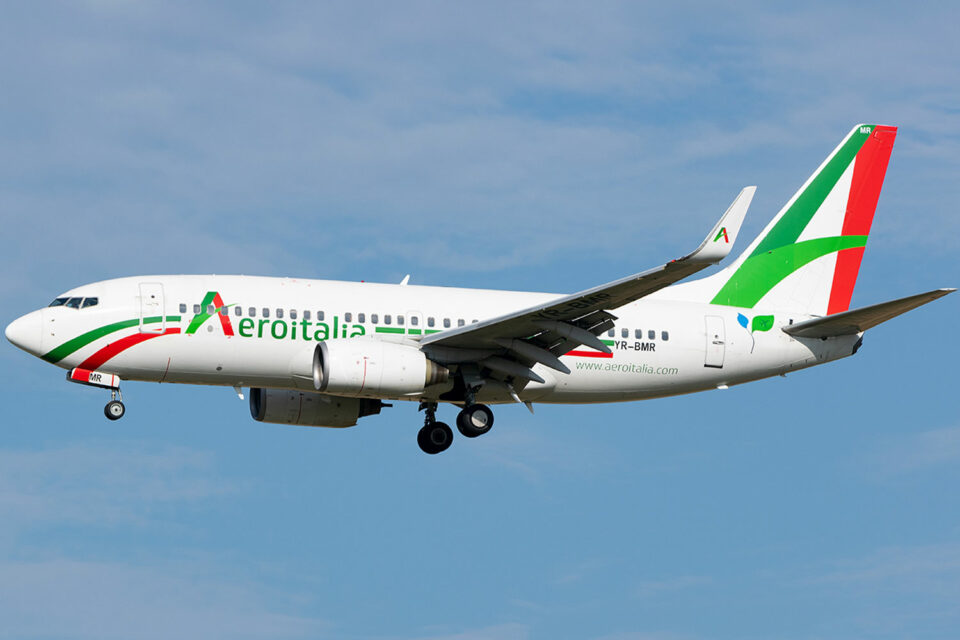
Former owner of Avianca and OceanAir
Behind the successful project is businessman German Efromovich, known for having founded the OceanAir airline in Brazil and for having taken over the Colombian carrier Avianca in the following years.
German and his brother Jose Efromovich ended up out of both carriers in recent years. OceanAir (which used the Avianca Brasil brand) went bankrupt in 2020 after undertaking an international expansion project while Avianca was taken over by other partners.
If OceanAir left the mark of an adventurous project, with debts with creditors, suppliers and former employees, Aeroitalia has stood out for operating with a low cost per seat, explained the businessman to Air Transport World.
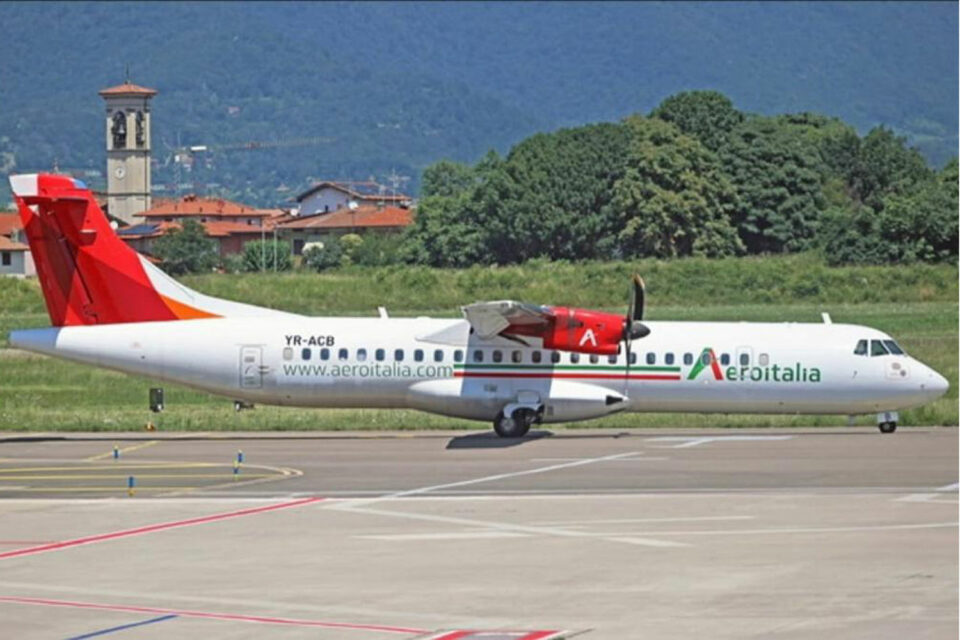
The airline operates several charter flights in Europe, taking advantage of the booming tourism market. Despite the high demand, German avoids investing in the leasing of many planes due to the current prices, which are quite high.
Based in Milan and Rome, Aeroitalia has just announced flights to Vienna, Bucharest and Barcelona from Ancona, a city in eastern Italy.
Follow ADN: Instagram | Twitter | Facebook
The company also admits that it is studying the operation of Airbus A320neo and Boeing 737 MAX jets, but is ruling out a short-term decision, waiting for more advantageous rental rates.
Ironically, one of the factors that led to OceanAir’s failure was precisely the aircraft leasing contracts with very high prices.


